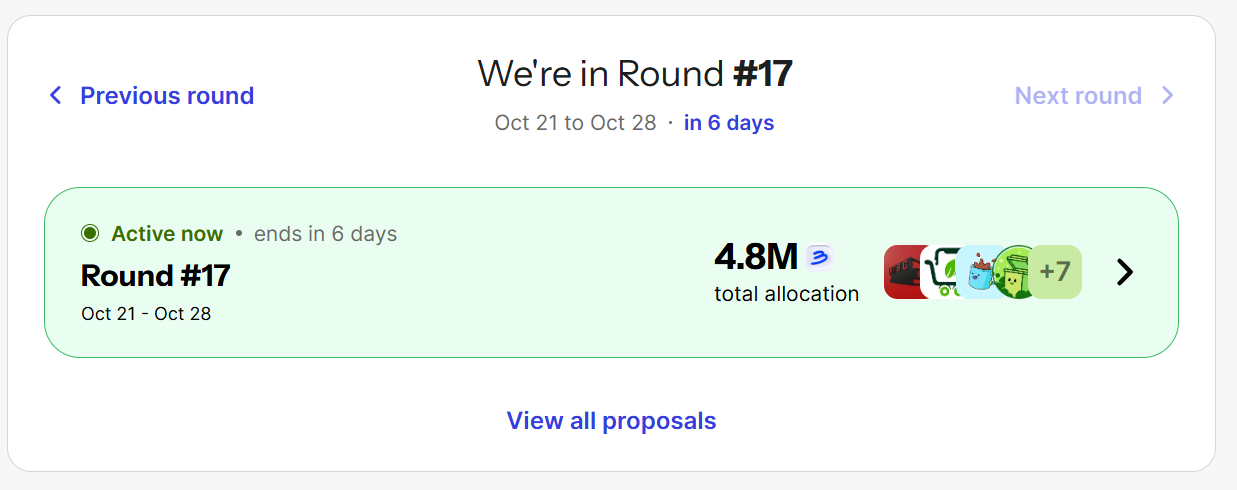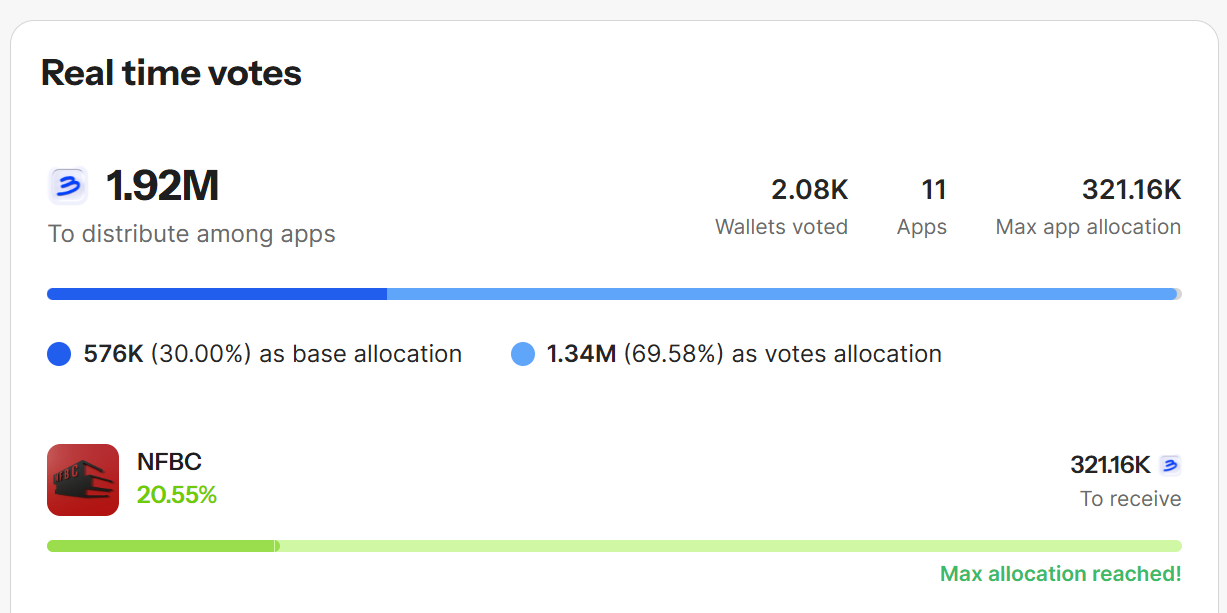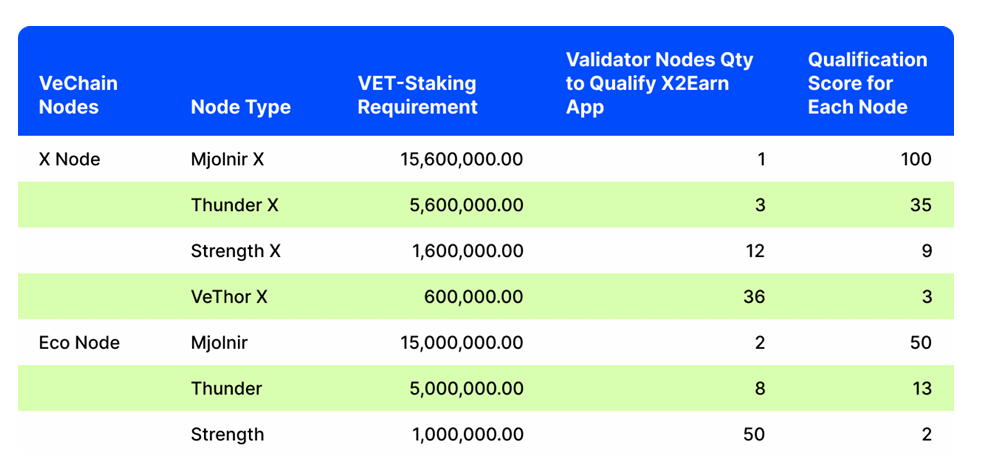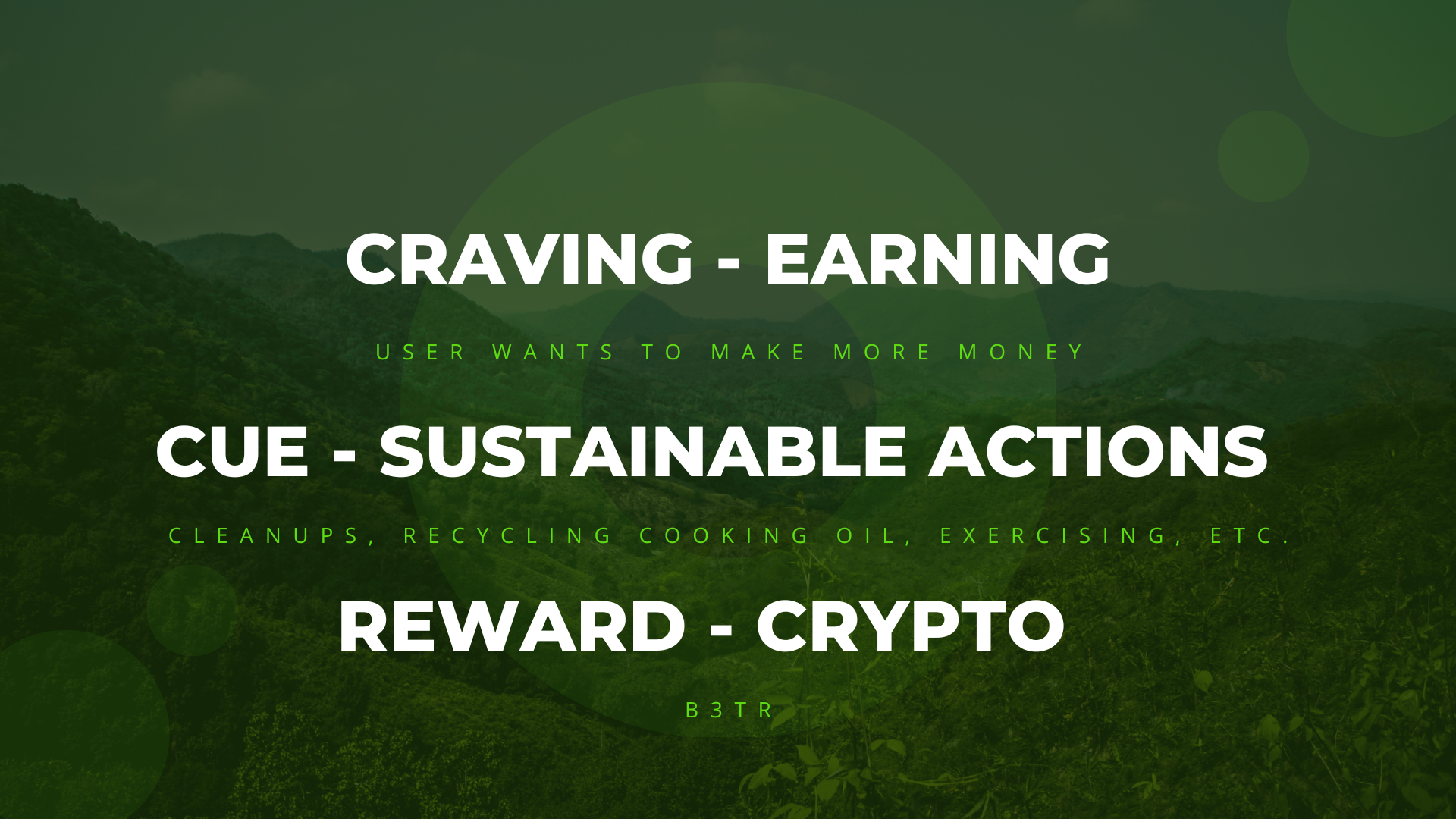I can't help but notice that the number of ReFi projects in the VeChain ecosystem is increasing. Much of this is thanks to a platform called VeBetterDAO. I first learned about it when Hasan Yilmaz suggested that I use Cleanify, an ecosystem project, to capture my impact during environmental cleanups in exchange for potential rewards.
Cursory research introduced me to a world I didn't know existed. With so much of the focus in ReFi on the Ethereum and Solana ecosystems, we can't forget that there's a lot happening elsewhere. What I couldn't immediately figure out was what made VeBetterDAO so attractive to ReFi builders. I therefore decided to dig a little deeper and find out what the platform is doing to onboard and incubate projects into the VeChain ecosystem.
What is VeBetterDAO?
Officially launched on June 30th, 2024, VeBetterDAO is the official sustainability arm designed to support, encourage, and promote sustainability on VeChain. It allows individuals, NGOs, and enterprises to tokenise their sustainable actions, effectively turning ecological/social efforts into quantifiable assets. Two tokens are used for its operational activities: $B3TR for rewarding sustainable actions and $VOT3 for making decisions in the DAO.
VeBetterDAO has already onboarded eleven ReFi projects, doling out over US$1.5 million (30.37M $B3TR) in funding.
Why is it attractive to impact builders?
The simple answer is that VeBetterDAO provides its projects with weekly $B3TR allocations to support their operations. With a total capped supply of 1 billion $B3TR, this weekly allocation could continue for as long as the next twelve years.

In this week's allocation round, you can see that eleven projects will share 1.92 million $B3TR (~US$100,000). You can see that Non Fungible Book Club, for example, will get over US$16,000 this week alone.

The main challenge most ReFi projects in other ecosystems face is inadequate funding, either because they lack a viable revenue model or can't secure enough grant funding. VeBetterDAO’s approach to continuously fund its projects goes a long way in addressing this challenge and allows projects to focus on maximising their ecological/social impact. For projects that still want to implement a commercial model, this funding can help them tinker iteratively until they create a self-sustaining model that optimises both impact and profit.
Continuous funding lets projects invest in marketing activities, incentivise their users, and pay their builders well. Community members don't suffer from donor fatigue or have to deal with non-stop shilling of donation rounds. There’s no bickering about the need for VC funding or the battles faced when trying to balance impact and profit. I’d go as far as to say that the ReFi projects on VeBetterDAO have it easy.
Which projects are in the ecosystem?
To list on VeBetterDAO, prospective projects must seek endorsement with a 100-point minimum approval value from VeChain nodes. The endorsement process can happen on X, Discord, or Telegram, with the idea being that the endorsement criteria will facilitate dialogue between the projects and relevant stakeholders in the VeChain ecosystem. The table below shows the point allocation system for the nodes.

Here are four examples of active projects:
Cleanify
Cleanify is designed to reduce the impact of improper waste disposal by creating financial and social incentives for people to do cleanups collectively or individually. Since listing, Cleanify has received a little over US$210,000 (4.27M $B3TR) from VeBetterDAO.
Non Fungible Book Club (NFBC)
NFBC is an audiobook streaming project with free and fee-delegated titles designed to equitably reward content creators with a percentage of mint revenue. So far, NFBC has received over US$205,000 (4.1M $B3TR) from VeBetterDAO.
Green Ambassador Challenge (GAC)
Green Ambassador is a learn-to-earn platform that rewards users who complete challenges around various sustainability topics. GAC has received about US$180,000 (3.73M $B3TR) from VeBetterDAO and has rewarded users with over US$99,000 (1.99M $B3TR).
Greencart
Greencart rewards people for making sustainable grocery purchases. Users simply upload their receipts and earn $B3TR as cashback for buying green products. Greencart has received over US$250,000 (5.27M $B3TR) from VeBetterDAO.
What are the challenges?
VeBetterDAO’s approach creates a dependency on ecosystem funding, spinning a flywheel where builders come up with impact-to-earn ideas without thinking through their financial sustainability. Although the onboarded projects are SDG-aligned, they are not sustainable because they can only incentivise impact as long as they receive funding from VeBetterDAO. It begs the question: what happens if the funding dries up?
I remember how annoyed I became when I stopped receiving my US$5 worth of $DWIN as payment from a company using my DropWireless G2 node to provide LoRaWAN coverage for one of their DePIN devices. Thankfully, it came easy for me to immediately readjust to a life without my $5 weekly payment, but imagine how difficult it would be for someone who lives off cleaning open areas in exchange for rewards.
We are products of our habits, after all. Charles Duhigg says there are three phases in a habit: craving, cue, and reward. If the reward no longer exists, the craving to earn from sustainable actions vanishes and users will naturally ignore them. On the contrary, projects should aim to sustain the habits they’ve developed in their users. I'm just not sure this is possible with the VeBetterDAO's approach.

Conclusion
There is no question that VeBetterDAO has been a force for good in the ReFi space. By deploying its sizeable war chest to help projects make impact, it's sending a clear message that Web3 can be a force for good. And while this approach shields projects from the funding hardship ReFi projects in other ecosystems face, it creates a total dependency on the platform. Not to mention adding the pressure of revenue generation before the funding dries up. Since a majority of the ecosystem projects would go extinct if the funding stops, it's up to VeBetterDAO to establish frameworks that focus on project resilience and funding sustainability. Until that time, however, the platform merits further investigation by ReFi projects looking to get off the ground.
This article represents the opinion of the author(s) and does not necessarily reflect the editorial stance of CARBON Copy.

